Will We Ever See the “Good Old Days” Again?
Times are changing, and so are consumers. These changes could offer opportunities your business never had in the past… Are you ready to take advantage of them?
I think we can all remember some time in our lives when we listened to our grandparents or parents reminisce about life in the “olden days” or the “good old days,” about how much simpler life was back then and how the trials and tribulations they endured made their life experiences that much richer. How those times strengthened and molded the values that they carried forward with them, how they shaped their way actions and thoughts. Not having shared those same experiences, I found it difficult to relate to these stories or comprehend how, or even why, they perceived the old days as better than what I had at my fingertips and took for granted in present society.
As Time Goes By
It’s said that wisdom comes with age, and as I get older, I’m beginning to see that the experiences my parents and grandparents endured and how they coped with them partially contributed to their life priorities. Looking back on what they shared with me over the years, I also see that the “olden days” are different for different generations; what was important to my grandfather wasn’t the same as what was important to my father. Though each generation learned to adapt to the current world, their past experiences influenced how they behaved in it. Each generation wanted to improve upon the lot of the previous generation, to try to ensure that the lives of their children and grandchildren would be better than theirs, that they would be able to provide more opportunities and “things” for the next generations that they either never had available to them or had to sacrifice so much to attain.
In the past, the “olden days” were segmented by generations, spanning demographic lifetimes, and these “olden days” were broad, deep-rooted cultural and societal in nature. But in today’s global society, which moves at warp speed, there’s an “olden days” we can all look back on together. This recent economic downturn was a democratized crisis; events affected behaviors almost instantaneously and were felt by people of all ages and income demographics, shaping the way they think and act today. The economic crisis we’ve been experiencing is creating cultural changes that we’ll be dealing with for years to come. And some say that the recession has created a new “grounded consumer,” something that, in the long-term, isn’t all bad for our industry.
Effects of the Recession
To some degree, almost all of us have personally felt the negative effects of this recession, be it loss of job, reduced net worth because of the housing crisis, lowered investment returns or less disposable income. But a recent study conducted by Context-Based Research Group/Carton Donofrio Partners identified a developing trend that’s almost counterintuitive: Although 79 percent of Americans say the recession has affected their lives in some way and 71 percent say the state of the economy is still “poor” (GFK Roper) 43 percent think it has had a positive impact on their lives. And 78 percent of those surveyed, when asked to think about “how things are going in your life in general,” said they were “very happy” or “somewhat happy”!
One interpretation of these numbers is that we’re beginning to realize our worth and value as consumers and as a society should be calculated not just in economic but also in social terms. While consumers will continue to challenge what and how much they spend, with an emphasis on price-value, they will find gratification on activities that are less consumer-centric and, perhaps, more consequential and have deeper meaning. We’re continuing to move from an individualistic “Me” economy to a more altruistic “We” economy, a relational rather than transactional experience. While not denying purchasing, we’re seeing consumers challenging what they buy and why they buy it, as well as the meaning of their purchases. It’s what some are calling a cultural movement toward a new, “grounded consumer.”
Changing Perspective
Maybe it’s a perspective thing. My father looked at the “good old days” in terms of social and cultural shifts that took time to develop and establish a basis of comparison. As independent garden center retailers, we often refer to the “good old days” in a much shorter time frame: life before the big boxes, before pay by scan, before sustainability entered the retail vocabulary, before the idea of gardening shifted from hard work to a lifestyle enhancement. Are we in synch with the cultural changes that are driving our consumers? What’s driving their purchasing behaviors? What is important to them?
It’s going to take some time before the economy improves, before there’s positive and sustainable job creation, and consumers have more discretionary dollars to spend. But even when there’s a full economic recovery, will the consumer go back to spending the way they did in the “good old days”? I don’t think so; I believe we’re in the throes of a fundamental cultural shift in how consumers value “things” or “stuff.” They’re investing in products or services that satisfy their changing value sets. And this shift should positively play to what our industry offers, provided that we’re savvy enough to recognize and accept the changing consumer mentality and position our products and messages accordingly.
Studies show that consumers are looking for more meaningful lives and ways to provide for improved happiness and deeper personal relationships. I can’t think of another product category that can deliver on the needs and expectations of grounded consumers better than ours can. Our products offer the emotional, psychological and physiological benefits that relate to the deeper meanings the grounded consumer is seeking; we just have to rethink how we communicate what we have to offer.
Will we ever return to the “olden days” of rampant consumer spending, lives and lifestyles funded by excessive credit, conspicuous consumption and go-go growth? Chances are, this won’t happen. And we shouldn’t want to go back to the way things were because past consumer behavior was unsustainable in the long-term; a correction was both necessary and predictable. But the needs of the grounded consumer offer you and our industry opportunities that wouldn’t have presented themselves in the good old days, new chances to connect our products to the new consumer and to become relevant to their lives and lifestyles in a way we didn’t envision before.
It’s time to forget about the “good old days” and focus on the tremendous potential we have for the future…


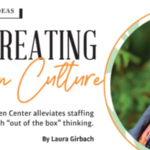



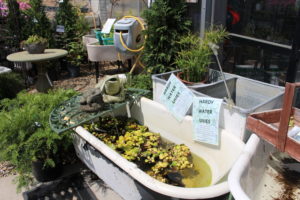
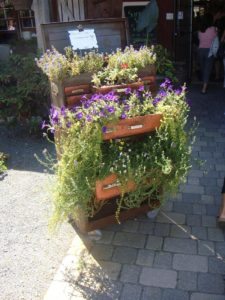
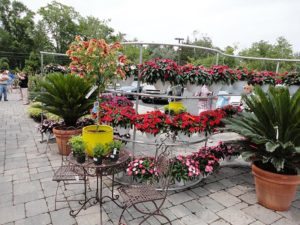

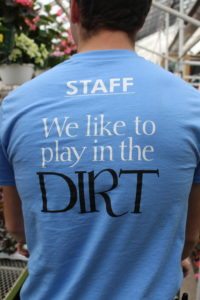

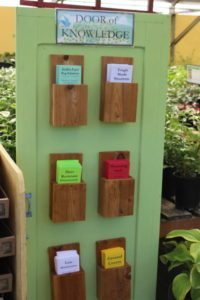

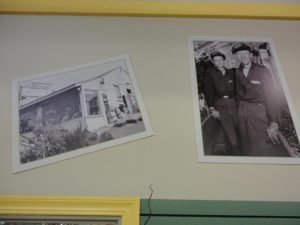
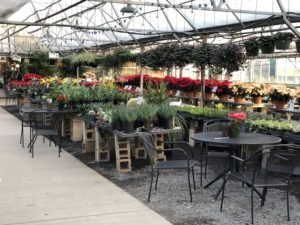
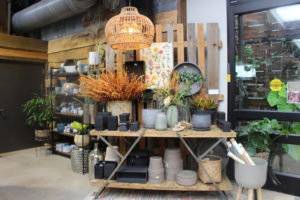

 Videos
Videos





